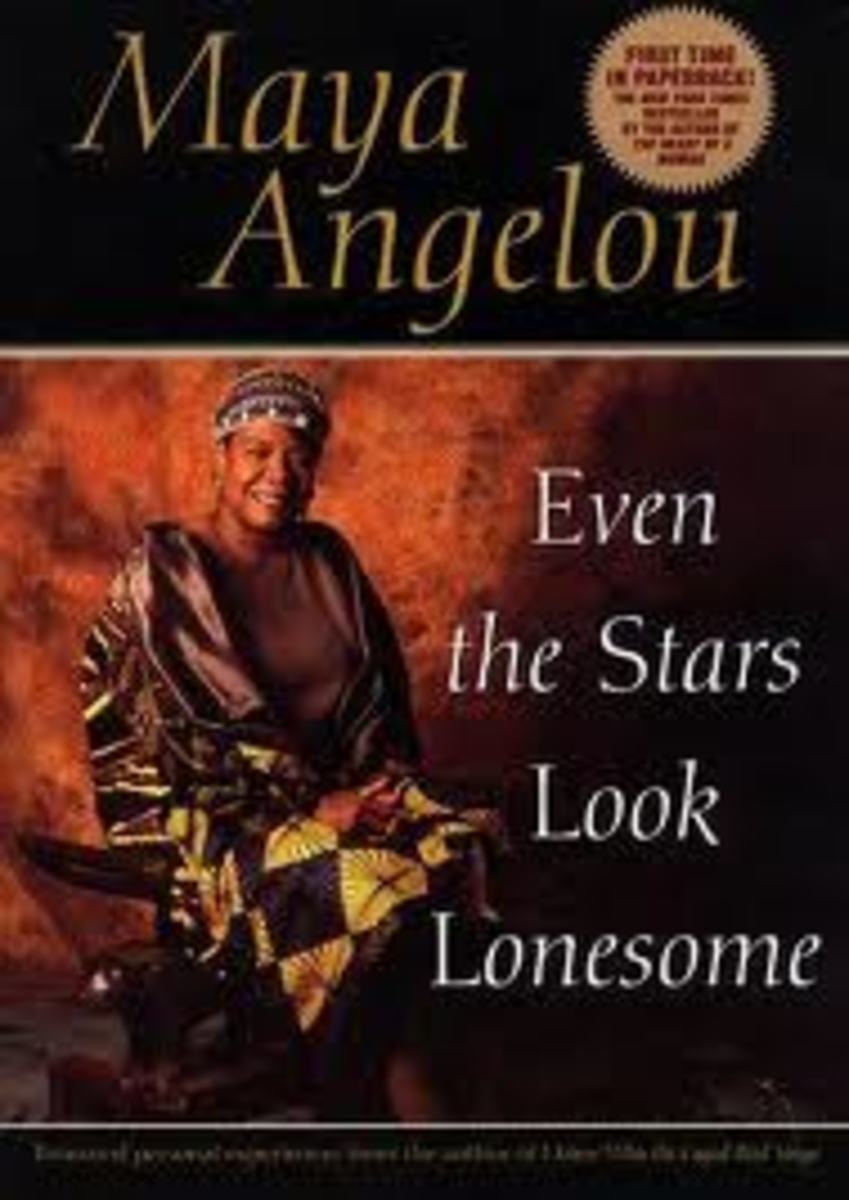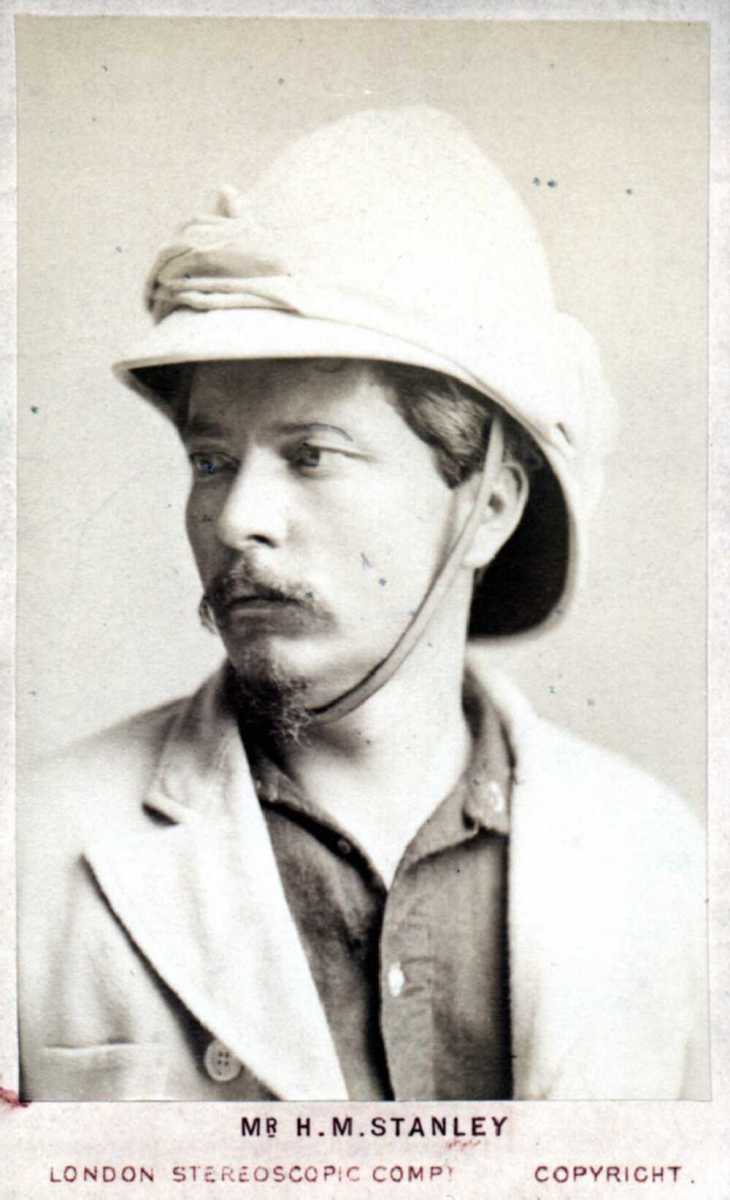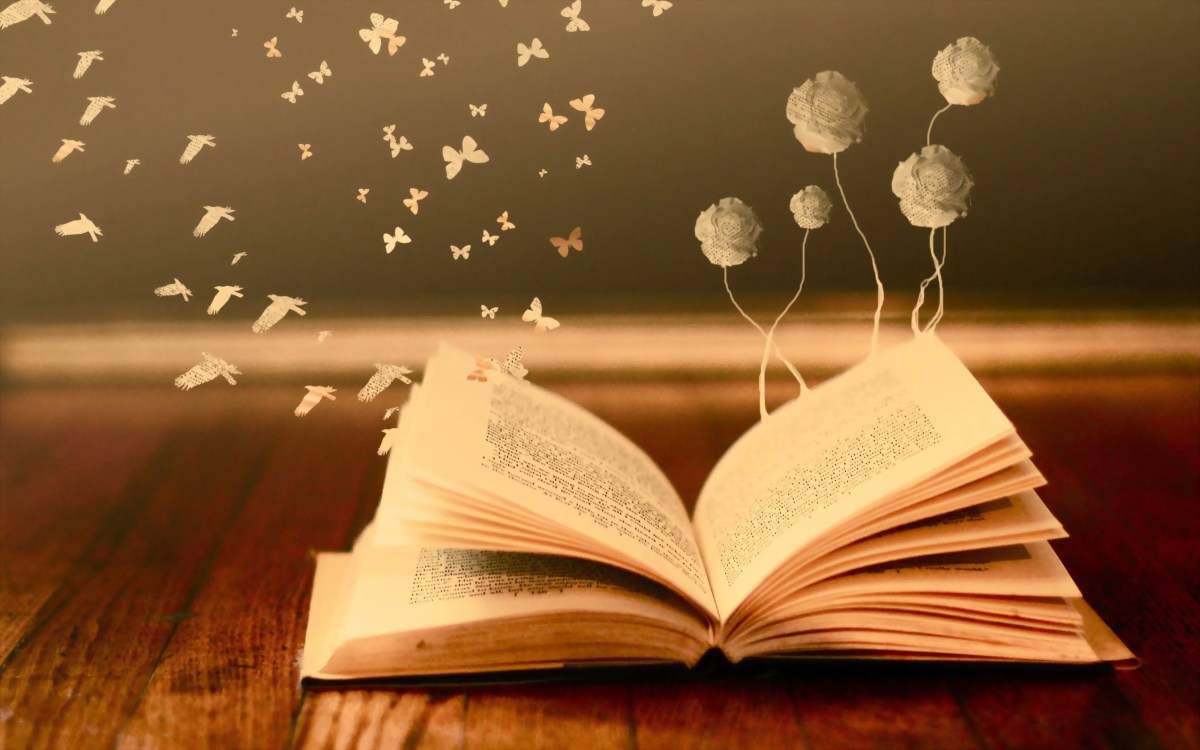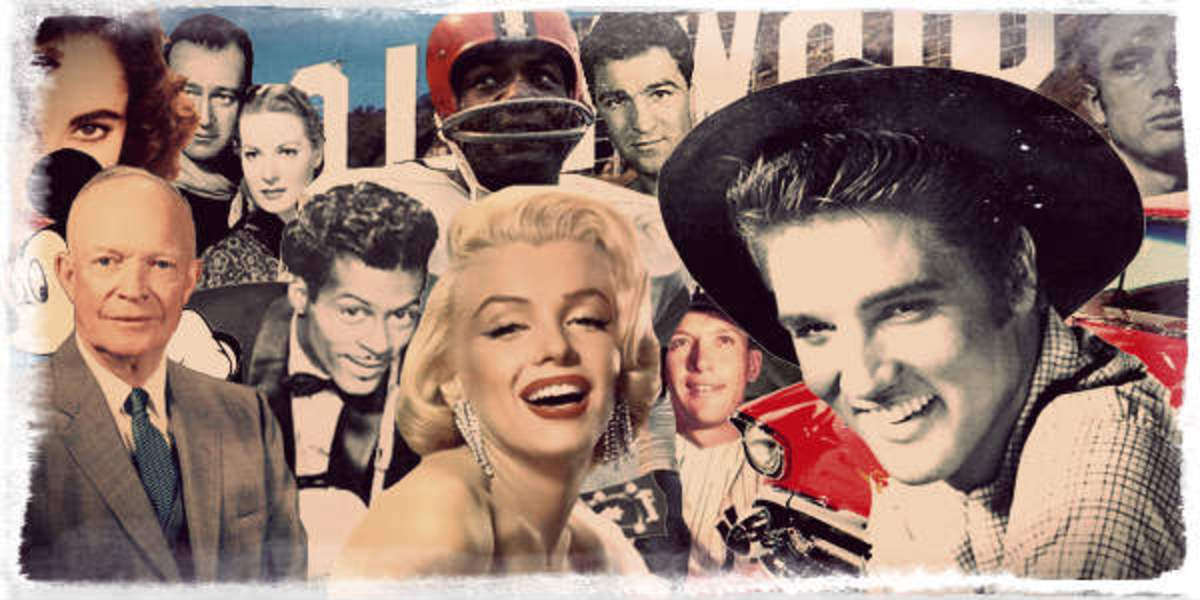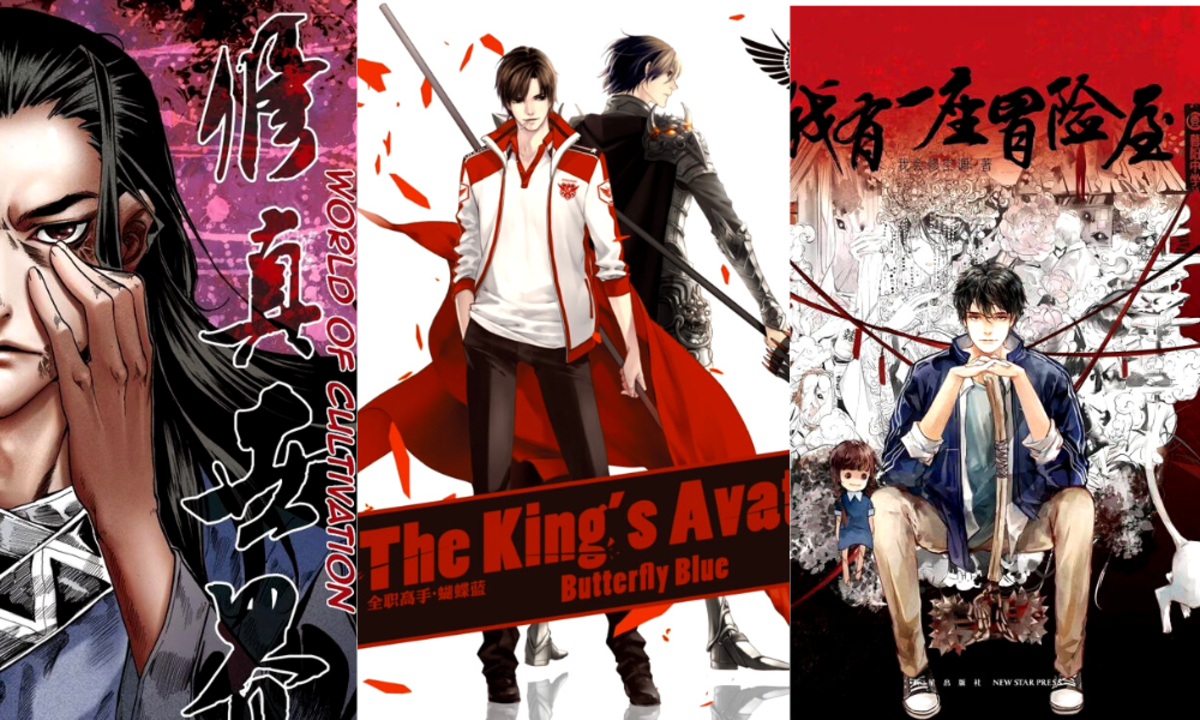AFRICAN WRITERS SERIES; TRADITION THROUGH FICTION.
Custodians Of African Heritage.
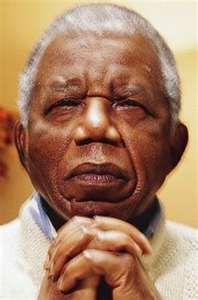
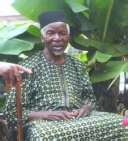
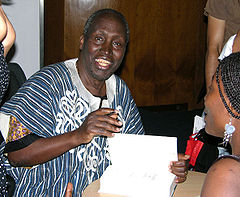
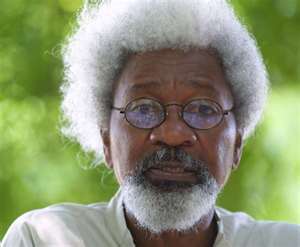
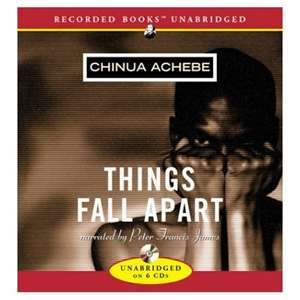
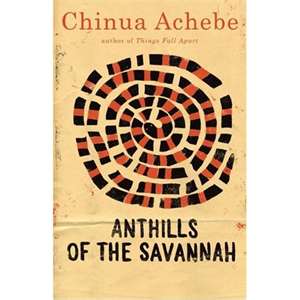
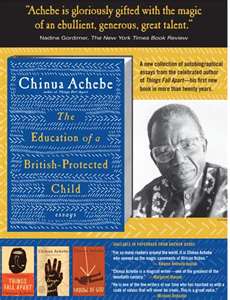
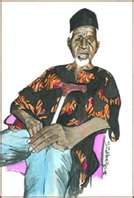
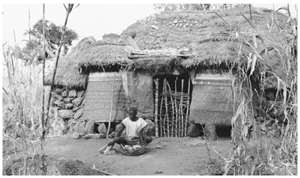
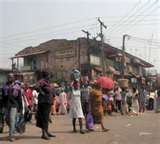
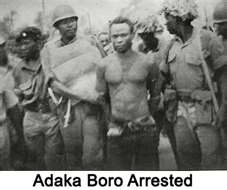
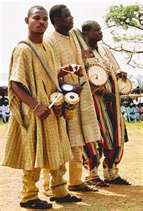
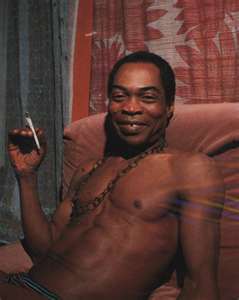
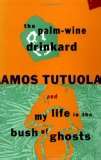
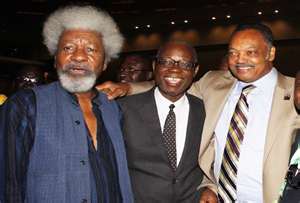
Transport Your Mind to Africa Via Literature.
''When Things fell apart, Chinua Achebe was ''No Longer at Ease'', ''The Arrow of God'' fell on him and he became ''A man of the people''. This was the play on words that we developed as kids growing up in Africa; this however was a signicant play on words, because the words were representative of the literary works of Chinua Achebe, one of the most famous authors to emanate out of Africa.
Chinua Achebe was born on Nov. 16, 1930 in Ogidi, Nigeria; concerned with emergent Africa at its moments of crisis, he went on to depict the disorientation accompanying the imposition of western customs and values on traditional African society. He published a famous novel called Things Fall Apart in 1958 and yet another smash hit called Arrow of God in 1964. Both books portray traditional Igbo life as it clashes with colonialism. No Longer at Ease was another one of his books that dealt with the subject, and this came to life in1960, and this was followed by A Man of the People (1966). And then there was Anthills of the Savannah in 1988 which deals with corruption and other aspects of postcolonial African life. By the time Achebe published Home and Exile in 2000, he was well on his way to being a household legend; he has been read by millions of African children as part of everyday school reading. Home and exile is in part autobiographical, and in part a defense of Africa against Western distortions.
Chinua Achebe was one of many African writers who emerged to act as stalwarts for decolonialization and a voice for tradition. There were the likes of Cyprian Ekwensi, Wole Soyinka, Amos Tutuola, James Ngugi WaThiong'o, Steve Biko, Ama Ata Aidoo, Nadine Gordimer, Buchi Emecheta, Okot p'Bitek, Herbert Ogunde.
Another great Nigerian writer is Akinwande Oluwole "Wole" Soyinka (born 13 July 1934); Wole is a writer, poet and playwright. He was awarded the 1986 Nobel prize in Literature and was recognised as a man "who in a wide cultural perspective and with poetic overtones fashions the drama of existence", and became the first African to be so honoured. In 1994, he was designated UESCO (United Nations Educational, Scientific and Cultural Organization) Goodwill Ambassador for the promotion of African culture, human rights, freedom of expression, media and communication. One of the most prominent members of the Ransom-Kuti family, his mother Grace Eniola was the daughter of Rev Ransom-Kuti, making Soyinka a cousin to the late great singer/performer Fela Anikulapo Ransom-Kuti.
And then there was Cyprian. Cyprian Odiatu Duaka Ekwensi was born at Minna in Northern Nigeria (same as my mom Cathrine) on September 26, 1921. He later lived in Onitsha in the Eastern area. He was educated at Achimota College, in lbadan, the Gold Coast, and at the Chelsea School of Pharmacy of London University. He lectured in pharmacy in Lagos and was employed as a pharmacist by the Nigerian Medical Corporation. Ekwensi married Eunice Anyiwo, and they had five children.
Ekwensi's most widely read novel, Jagua Nana, appeared in 1961. It was a return to the locale of People of the City but boasted a much more cohesive plot centered on the character of Jagua, a courtesan who had a love for the expensive. Even her name was a corruption of the expensive English auto. Her life personalized the conflict between the old traditional and modern urban Africa. Ekwensi published a sequel in 1987 titled Jagua Nana's Daughter.
Burning Grass (1961) is basically a collection of vignettes concerning a Fulani family. Its major contribution is the insight it presents into the life of this pastoral people. Ekwensi based the novel and the characters on a real family with whom he had previously lived. Between 1961 and 1966 Ekwensi published at least one major work every year. The most important of these were the novels, Beautiful Feathers (1963) and Iska (1966), and two collections of short stories, Rainmaker (1965) and Lokotown (1966). Ekwensi continued to publish beyond the 1960s, and among his later works are the novel Divided We Stand (1980), the Novella Motherless Baby (1980), and The Restless City and Christmas Gold (1975), Behind the Convent Wall (1987), and Gone to Mecca (1991).
Ekwensi also published a number works for children. Under the name C. O. D. Ekwensi, he released Ikolo the Wrestler and Other Ibo Tales (1947) and The Leopard's Claw (1950). In the 1960s, he wrote An African Night's Entertainment (1962), The Great Elephant-Bird (1965), and Trouble in Form Six (1966). Ekwensi's later works for children include Coal Camp Boy (1971), Samankwe in the Strange Forest (1973), Samankwe and the Highway Robbers (1975), Masquerade Time! (1992), and King Forever! (1992). In recognition of his skills as a writer, Ekwensi was awarded the Dag Hammarskjold International Prize for Literary Merit in 1969.
One more author and I promise to end this; the quest will become yours to feed your brain. Two quotes below and one gifted name - James Ngugi WaThiong'o.
Ngũgĩ Wa Thiong'o was born January 5, 1938; he is a Kenyan author, formerly working in English and now working in Gikuyu. His work includes novels, plays, short stories, essays and scholarship, criticism and children's literature. He is the founder and editor of the Gikuyu-language journal, Muturi. Ngugi went into exile following his release from a Kenyan prison in 1977; living in the US he taught at Yale for some years, and has since also taught at NYU with a dual professorship in Comparative Literature and Performance studies, and also at UC Irvine.
''Though he had never come into real contact with white men, yet if one had met him and had abused him or tried to put him in his place, Njoroge would have understood. He would have even know how to react. But not when he met some who could smile and laugh. Not when he met some who made friends with him and tried to help him in his Christian progress''. JNW
''Weep not, child
Weep not, my darling
With these kisses let me remove your tears,
The ravening clouds shall not be long victorious,
They shall not long possess the sky...
Walt Whitman
On the Beach at Night'' JNW
While African is blessed with many talented writers, my familiarity with Nigerian writers has prompted me to post the names of our most famous writers. I post these names so that you as writers can look them up and study them with a view to making your own deductions about their work. I have read quite a few of these peoples works, and they take me back to a time when things were easy and the air was clean. You will be transported to a time when customs ruled and people were committed to each other and the community. You will witness the innocence and the troublesome, but in the process you will know that we had to be there in order to be here today.
- Chris Abani
- *Chinua Achebe (1930– )-see titles above.
- Catherine Obianuju Acholonu (1951– )
- Toyin Adewale-Gabriel
- Chimamanda Ngozi Adichie (1977– )
- Tolu Ajayi (1946– )
- Uwem Akpan
- Akilu Aliyu
- T.M. Aluko (1918– )
- *Elechi Amadi (1934– )
- Ifi Amadiume
- Sefi Atta (1964– )
- Nnorom Azuonye
- Biyi Bandele (1967– )
- A. Igoni Barrett (1979– )
- Olumbe Bassir
- Philip Begho
- Tubal Rabbi Cain (1964–)
- Chin Ce (1966– )
- Chinweizu (1943– )
- John Pepper Clark (1935– )
- Samuel Ajayi Crowther (1809–1891)
- Jude Dibia (1975– )
- Philip Effiong
- Michael Echeruo (1937– )
- Amatoritsero (Godwin) Ede
- *Cyprian Ekwensi (1921–2007)
- Buchi Emecheta (1944– )
- E. Nolue Emenanjo
- Olaudah Equiano (c. 1745–97)
- Rosemary Esehagu (1981– )
- Femi Euba
- Daniel Olorunfemi Fagunwa (1903–1963)
- Adebayo Faleti
- Toyin Falola
- Dan Fulani
- Bilkisu Funtuwa
- Helon Habila
- Obo Aba Hisanjani
- Akinwunmi Isola
- Uzodinma Iweala
- Festus Iyayi (1947– )
- Abubakar Imam
- John Jea
- Samuel Johnson
- Duro Ladipo (1931–1978)
- Abimbola Lagunju
- Amina Mama
- Oliver Mbamara
- John Munonye (1929– )
- Uche Nduka
- *Nkem Nwankwo (1936–2001)
- Flora Nwapa (1931–1993)
- Onuora Nzekwu (1928– )
- Obo Aba Hisanjani
- Obinna Charles Okwelume
- Olu Oguibe (1964– )
- Ike Oguine
- Molara Ogundipe (1949– )
- Yemi D. Ogunyemi
- Tanure Ojaide (1949– )
- Olatubosun Oladapo
- Gabriel Okara (1921– )
- Christopher Okigbo (1932–1967)
- Nnedi Okorafor
- Wole Oguntokun
- Gabriel Okara (1921– )
- Christopher Okigbo (1932–1967)
- Ben Okri (1959– )
- Afolabi Olabimtan
- Simbo Olorunfemi
- Kole Omotosho (1943– )
- Kola Onadipe (1922–1988)
- Nduka Onwuegbute (1969– )
- Osonye Tess Onwueme (1955– )
- Dennis Osadebay (1911–1995)
- Femi Osofisan (1946– )
- E.C. Osondu
- Niyi Osundare (1947– )
- Helen Ovbiagele (1944– )
- Remi Raji
- Ola Rotimi (1938– )
- Ken Saro-Wiwa (1941–1995)
- Mabel Segun (1930– )
- Zulu Sofola (1935–1995)
- Bode Sowande (1948–)
- *Wole Soyinka (1934– ), awarded the 1986 Nobel Prize in Literature
- Amos Tutuola (1920–1997)
- Uchechukwu Peter Umezurike
- Obiora Udechukwu (1946– )
- Adaora Lily Ulasi (1932– )
- Chika Unigwe
- Mamman Jiya Vatsa (1944–1986)
- Jumoke Verissimo
- Ken Wiwa (1968– )


